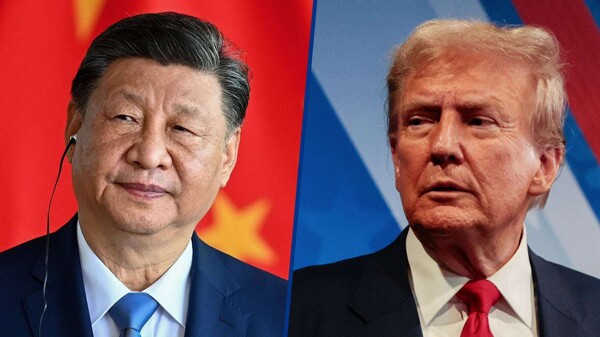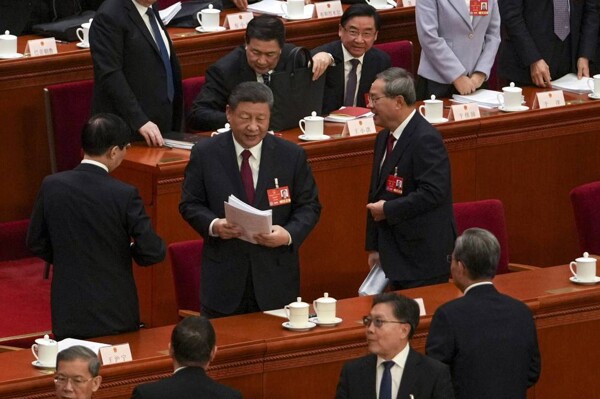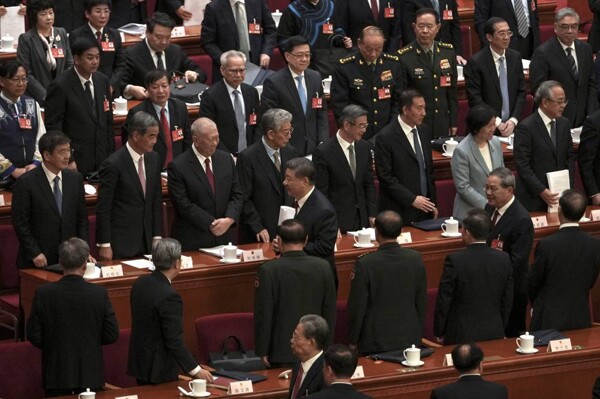
The President of the United States, Donald Trump, has decided to impose a 25% tariff on imports from Mexico. This measure has initiated a trade war between the two countries, leaving Mexican and Canadian authorities with no room for negotiation, according to the Republican leader.
In response, Canada has announced that it is ready to take retaliatory measures against the United States amounting to up to 155 billion dollars. For its part, China has decided to impose tariffs of 10% and 15% on agricultural products from the U.S., in response to the 20% tariffs imposed by Washington on Chinese products that recently went into effect.
The Ministry of Finance of China has detailed that it will levy a 15% tariff on imports of chicken, wheat, and corn, and a 10% tariff on products like soybeans, pork, beef, and various other agricultural products. These tariffs will take effect on March 10 and are presented as a response to the "unilateral" measures taken by the U.S., which, according to China, harm the multilateral trading system.
The Chinese Minister of Commerce has announced the inclusion of U.S. companies on export control lists and unreliable entities, as well as the presentation of the case to the World Trade Organization (WTO). China had previously warned that it would retaliate to protect its interests following Trump's decision to raise tariffs on Chinese products.
The relationship between the United States and China has significantly strained in recent years, with countless rounds of tariffs imposed by both parties. Trump has justified his stance by citing the entry of fentanyl into his country, although Chinese authorities point out that this is merely a pretext and view the actions of the United States as an act of unilateralism and harassment.
This situation of trade tensions could have a significant impact on various economic sectors of the involved countries, such as the automotive, agricultural, and manufacturing sectors. Stock markets and the Mexican peso have fallen due to the uncertainty generated by these tariffs that threaten to prolong the dispute between the nations.














